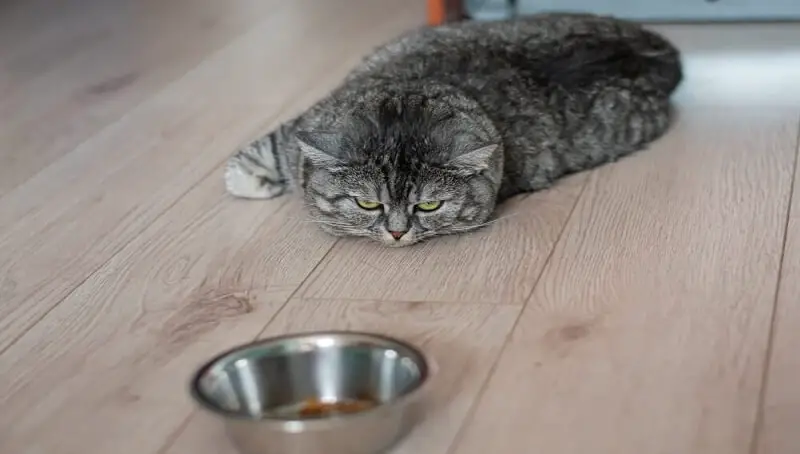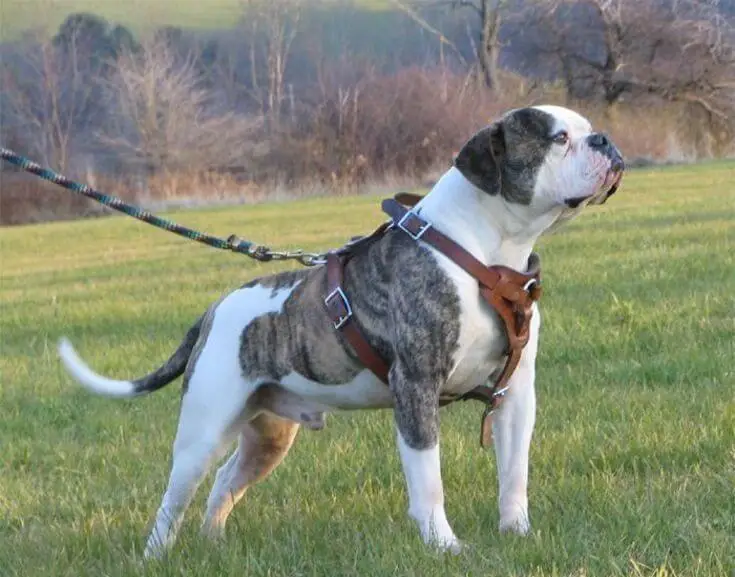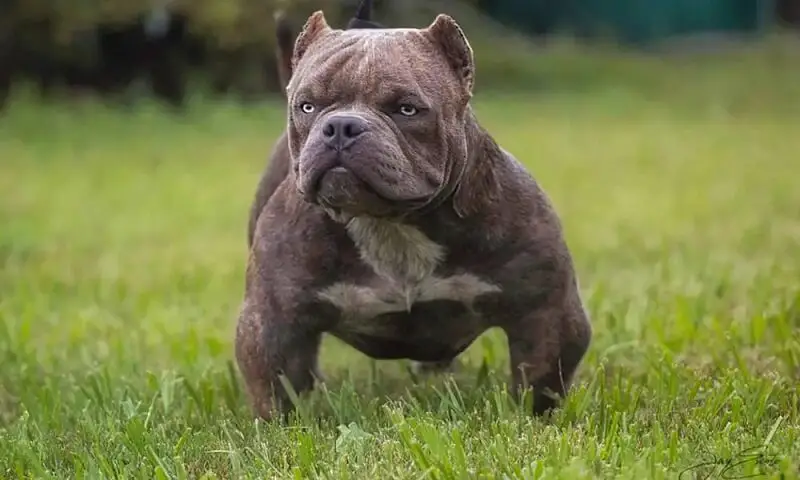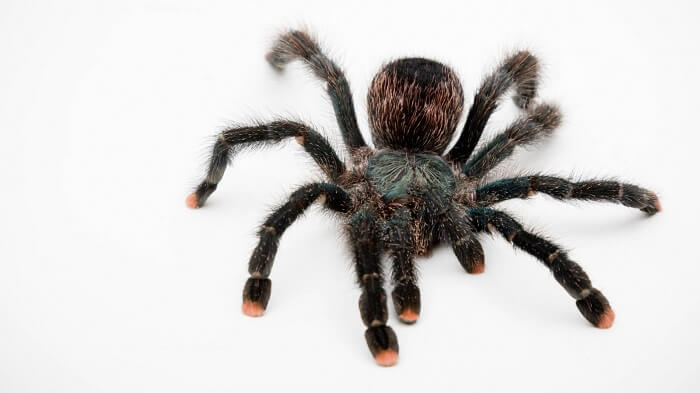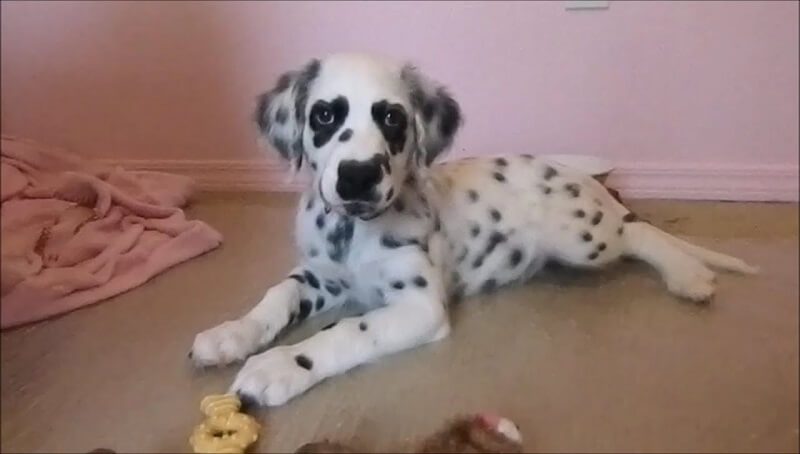Highlights
-
Importance of Monitoring Cat’s Appetite: A sudden change in your cat’s eating habits can be more than just a finicky preference—it could indicate a health issue.
-
Risks Associated with Not Eating: Especially critical for obese cats, not eating can quickly lead to fatty liver disease (liver lipidosis), which can be fatal if untreated.
-
Common Health Problems Leading to Food Refusal:
-
Respiratory Diseases: These can impair a cat’s ability to smell or breathe, discouraging them from eating.
-
Digestive System Issues: Ranging from acid reflux to more serious conditions, gastrointestinal problems can decrease appetite.
– Foreign Bodies: Objects or hairballs ingested by cats can lead to obstructions and a lack of appetite.
- Dental Problems: Painful teeth or gums can make eating uncomfortable, leading to food refusal.
-
-
Food-Related Issues:
-
Taste Changes: Cats might stop eating their usual food due to changes in flavor or ingredients by manufacturers.
-
Texture and Shape Sensitivity: A cat’s preference for certain types of food shapes or textures can impact their willingness to eat.
-
Spoiled Food: Consuming expired or spoiled food can cause a cat to refuse it.
-
Dry Food Degradation: Improper storage can lead to stale dry food, reducing its appeal.
-
Market Withdrawals: Recall or withdrawal of certain cat foods from the market can also be a reason for your cat’s sudden disinterest.
-
-
Encouraging Your Cat to Eat: Techniques to stimulate appetite may include clearing nasal passages for cats with congested noses, warming up cold wet food, offering foods with different tastes or textures, and considering homemade food options for freshness.
-
Veterinary Consultation: It’s crucial to consult a veterinarian if your cat’s eating habits suddenly change, as this could be a symptom of a serious health issue that requires professional attention.
It is common for a cat to suddenly decide that she no longer wants to eat a particular food or snack. But sometimes a cat does not eat for a worse reason. You should be aware of the potential causes and concerns for a cat’s food aversion.
There may be things you can do at home to help your cat regain appetite, but sometimes veterinary intervention is necessary.
Why is it a problem if your cat stops eating
If your cat is not feeling well, she may stop eating because there is something in her stomach or intestines. Or, your cat may not like the food you’re giving her. Your cat’s lack of appetite can also be a symptom of a disease or problem that causes pain or discomfort. Whatever the reason, it’s a major problem if your cat stops eating.
If you have an obese cat who has stopped eating, liver lipidosis can develop quickly if she does not eat for a few days. This disease is often referred to as fatty liver disease or fatty liver syndrome and can be fatal if left untreated. This is the main reason why it is so important to make sure that your cat, especially if overweight, continues to eat.
In the case of fatty liver disease, the liver is overwhelmed and tries to convert fat into energy. The excess fat that is stored around your cat’s liver makes the situation worse.
The liver is a critical organ, and if it does not function effectively, your cat may suffer, without immediate treatment from your veterinarian.
You might also like my articles about:
Cat health problems that cause food refusal
Respiratory diseases
Respiratory problems can affect your cat’s sense of smell or ability to breathe and can lead to loss of appetite. Upper respiratory diseases can clog the cat’s nose and eyes, leading to a temporary loss or restriction of vision and smell.
Lower respiratory tract diseases can affect your cat’s lungs causing breathing difficulties.
These respiratory problems can be treated with some simple antibiotics or could be as complicated as cancer. Regardless of the severity of the respiratory problem, if the disease prevents the cat from being able to smell its food, it can decide that it does not want to eat.
Diseases of the digestive system
Problems with your cat’s stomach, intestines, pancreas, or other parts of your cat’s digestive system can cause her to stop eating food. Your cat may vomit and have diarrhea or abdominal pain along with digestive problems.
But usually, a decrease in appetite will be one of the first signs of a problem in the digestive system.
Problems can range from acid reflux, tumors, an imbalance of intestinal bacteria, parasites, irritable bowel disease, and other problems.
Foreign bodies
Some cats prefer to eat things they should not eat or develop hairballs, all of which can get stuck in the stomach or intestines. A foreign body stuck in your cat is then called an obstruction.
An obstruction will not let food pass through the digestive tract, and therefore your cat will vomit, then most likely stop eating.
Some foreign bodies can pass through your cat’s system, causing just some vomiting and diarrhea, as well as a lack of appetite.
Dental problems
Sick or painful teeth and gums can cause your cat to stop eating. Cats can fracture their teeth, develop restorative lesions on the teeth, which become inflamed on the gums, form dental abscesses, and experience other dental problems that cause mouth pain.
Like humans, your cat may not want to eat if her mouth hurts. However, dental problems can be difficult to diagnose in a cat, and your veterinarian may need to sedate or anesthetize your pet to assess the problem.
Problems with food that could cause food refusal
The taste of the food
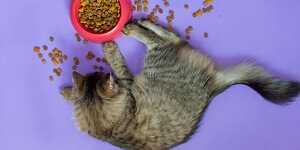 Cats can be pretentious. Some will eat a food flavor for months or years and then suddenly decide they don’t want to eat it anymore.
Cats can be pretentious. Some will eat a food flavor for months or years and then suddenly decide they don’t want to eat it anymore.
Usually, this is just the preference, but sometimes food manufacturers change flavors and ingredients without obvious signs on the packaging, and your cat will realize and refuse it.
The shape and texture of the food
Your cat may also be sensitive to certain shapes and textures when it comes to food. Some cats prefer triangle shapes, others prefer round shapes, and others will only eat crispy dry food or canned wet food.
The food is spoiled
If you give your cat expired or spoiled food, she may not want to eat it. Check the expiration date on the food. Or at least smell it to see if it smells bad.
Degradation of dry food
Did you know that dry cat food can become stale? Vitamins and fats can erode if food is not stored properly.
Keep the food in the original bag for this reason. The bag may have a special barrier to keep food fresh longer.
To ensure the freshness of the food, place the original bag in a sealed container and place it in a cold, moisture-free environment.
Withdrawal of the food from the market
If your cat has stopped eating their normal food, check if there is any withdrawal from the market for this food. It’s another good reason why you should consider keeping your cat’s dry food in the original bag so you can check the barcode.
Sometimes a cat may feel that something is wrong with her food and will not eat it.
How to get your cat to eat
Depending on why your cat stopped eating, you may be able to convince your pet to start eating again. However, the quickest way to find out if there is a medical reason for your cat’s lack of appetite is to visit your veterinarian for a checkup.
If it’s an upper respiratory disease that has caused your cat to be congested and unable to smell food, help your pet clean her nasal passages. Take your cat to a steamed bath or, if you can, put drops of saline in her nostrils. It dissolves the nasal discharge and helps the cat breathe easily so that it can smell the food again.
Adjust your cat’s wet food to urge her to eat again. Try to heat cold wet cat food for a few seconds in the microwave. Or, you can give your cat canned food for cats, tuna, or canned chicken to stimulate her appetite.
Experiment by choosing different tastes, textures, or food forms for your cat.
You can home-cook food for your cat. Your cat may prefer the fresher ingredients in homemade food.
Check if the flavor of the food your cat has always eaten has recently changed its formula or ingredients. The information can be listed on the packaging as “new and improved flavor”, or you can contact the food company to ask. In any case, you most probably need to find new food for your cat.
If the lack of appetite occurs due to a change in the environment or some people, it can be solved by using sprays or hormone diffusers that will calm the cat and reduce the stress level that participates in maintaining anxiety, and by placing the food bowl in a quiet place, and away from the litter box.
A dose of vitamins
Give your cat vitamin B12. This vitamin often lacks in a cat with a digestive problem. There are forms of non-prescription oral administration specific to cats, as well as injections that your veterinarian can administer. It is a harmless, water-soluble vitamin that can increase your cat’s appetite.
